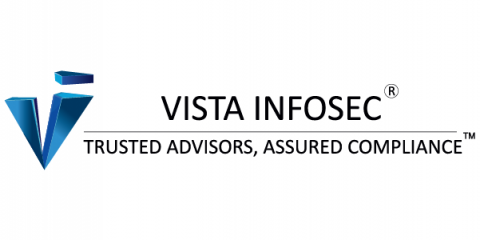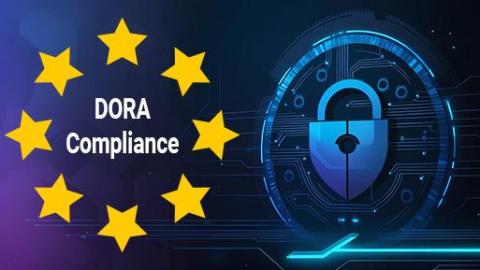SWIFT CSP: A Quick Guide for Financial Institutions
The Society for Worldwide Interbank Financial Telecommunication (SWIFT) provides secure and reliable communication networks for over 11500 connected financial institutions to facilitate cross-border payments and securities transactions.





